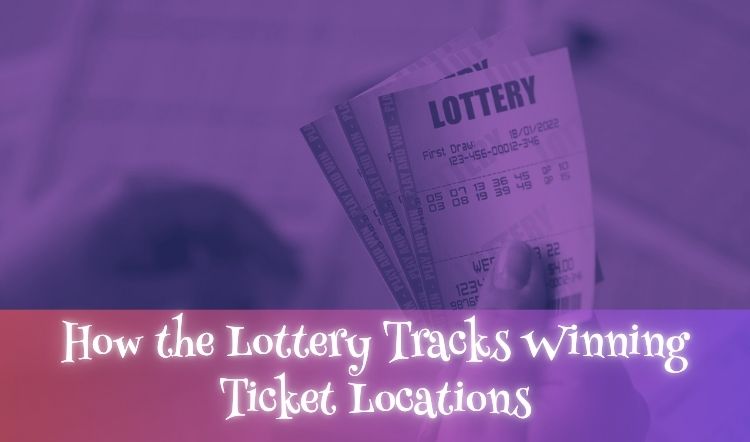
Have you ever wondered how organisers identify where winning lottery tickets are purchased? There are several procedures behind the scenes that help ensure the integrity of the lottery. Monitoring ticket sales supports transparency, security, and helps make sure prizes are awarded correctly.
In this Wizard Slots article, you will find an overview of how ticket locations are tracked, what this means for players, and the part it plays for retailers and operators.
Understanding Lottery Sale Tracking
Lotteries in the UK use reliable systems to record where each ticket is sold. When a ticket is purchased from a shop, its unique number is linked to that retailer’s till system. The National Lottery assigns an identification code to each authorised retailer, creating a record for every physical ticket sold. Your personal information remains confidential unless you buy through a registered online account.
For tickets purchased online, the transaction is linked to your account on the National Lottery website or app. This connection helps in verifying ticket purchases and their locations.
Because each ticket has an associated sale location, organisers can determine where winning tickets were sold. While the identity of the buyer may not be known for in-store purchases, the location of sale can be confirmed.
Retailer Benefits from Lottery Sales
Retailers that sell lottery tickets often experience an increase in customer visits, with some shoppers purchasing other products during their trip. For some shops, lottery sales can contribute to their overall revenue.
Retailers receive a commission on each ticket sold, which can vary depending on the terms set by the lottery operator. In some cases, there may also be additional payments linked to tickets that win larger prizes.
Stores that have previously sold winning tickets may become better known within their local communities, which could potentially affect customer behaviour.
All lottery ticket sales are conducted in accordance with regulations set by the UK Gambling Commission (UKGC). Retailers hold licences and their staff undergo training to ensure tickets are sold responsibly and only to individuals aged 18 or over.
How Jackpot Winners Are Notified
Finding out if you have won depends on where you purchased your ticket.
If you bought your ticket from a shop, it is your responsibility to check the numbers. You can compare your ticket against results published on official National Lottery websites, use in-store scanners, or watch the draw on television. Some retail machines can also indicate if a ticket is a winner when scanned at the shop.
Players with online accounts usually receive a secure notification or email if their ticket wins a prize. For larger prizes, the lottery operator’s prize claim team may contact winners by phone or message to verify identity before arranging payment.
Prizes are only paid after the ticket or account information has been properly verified. If a winner does not come forward, organisers may share the area where the ticket was sold but will not disclose any personal information.
Where Unclaimed Lotteries Go
Sometimes lottery prizes go unclaimed. If a prize is not claimed within 180 days of the draw date, it is considered unclaimed.
Unclaimed prize money is not kept as profit by the organisers. Instead, it is redirected to National Lottery Good Causes, which support community projects, heritage sites, charities, and sports across the UK.
This funding supplements regular contributions that benefit a variety of causes nationwide. To help reduce the number of unclaimed prizes, the National Lottery may send reminders and share the general area where the winning ticket was sold, while keeping the winner’s identity confidential.
Ticket Distribution: Do All Shops Have Winners?
There is a common belief that some shops have a better chance of selling winning tickets. In the UK, however, tickets are distributed randomly, and the location where a ticket is purchased does not influence the chances of winning.
Each retailer sells a large number of tickets, each with a unique number. Winning numbers are drawn at random during official draws, and a match results in a prize regardless of where the ticket was bought.
Retailers do not receive any preferential opportunities to sell winning tickets. Areas with more winners typically reflect higher sales volumes rather than improved odds. For example, a busy city store may sell more tickets overall, which can lead to more winning tickets being sold there, but the process remains fair and random.
**The information provided in this blog is intended for educational purposes and should not be construed as betting advice or a guarantee of success. Always gamble responsibly.
*All values (Bet Levels, Maximum Wins etc.) mentioned in relation to these games are subject to change at any time. Game features mentioned may not be available in some jurisdictions.
